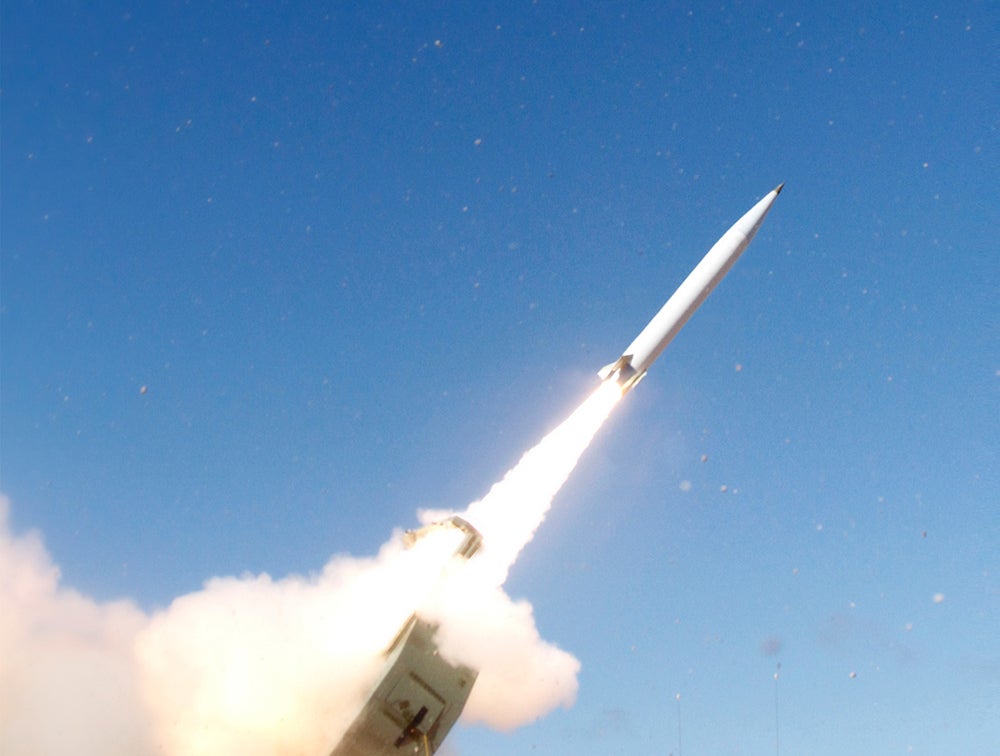Norway Denied PrSM Sale Local Media Says
Norway’s recent attempt to acquire Precision Strike Missiles (PrSM) and Extended Range Guided Multiple Launch Rocket System (ER GMLRS) missiles from the United States has encountered a significant setback, as Washington has reportedly rejected approval for the sale. This decision, despite the long-standing alliance between the two NATO members, has raised questions about the underlying reasons and the potential implications for regional security and Norway’s defense capabilities.
The PrSM, with stated a range of up to 499 kilometers, represents a major advancement over previous systems like the ATACMS, while the ER GMLRS extends the range of existing rocket artillery to about 150 kilometers. These systems are crucial for enhancing battlefield flexibility and effectiveness, making them highly sought after by nations looking to bolster their military capabilities. The combat effectiveness of GMLRS has been proven in the ongoing conflict between Russia in Ukraine, while the PrSM predecessor, ATACMS has been also used in large quantities against strategic targets with huge successes.

However, according to reports from multiple sources, including Norwegian media, the U.S. has opted not to approve the sale of these advanced missiles to Norway. This decision comes in contrast to Washington’s earlier approval of other components of Norway’s defense acquisition plans, such as the sale of M142 HIMARS launchers, which are capable of firing the GMLRS and ATACMS missiles. The US Army is currently the only operator of the PrSM, however, Australia became the first foreign ally to announce future operation of the advanced missile.
The U.S. decision may also be influenced by broader strategic calculations within NATO. While Poland, another NATO member, was recently approved to purchase similar systems, the difference in geographic and strategic context could explain this action. Poland’s location on NATO’s eastern flank, directly adjacent to the conflict in Ukraine, may have driven the U.S. to prioritize bolstering its defenses, whereas Norway’s security challenges, while significant, differ in nature.

While Norway’s request for PrSM and ER GMLRS missiles has been denied by the U.S., the decision reflects a careful balancing act between alliance commitments and broader strategic considerations. The implications of this decision will likely influence Norway’s future defense procurement strategies as one of its most capable military asset will not be able to use its full potential in case of a conflict. This may also damage the relations between Oslo and Washington in terms of future defensive planning and cooperation.

